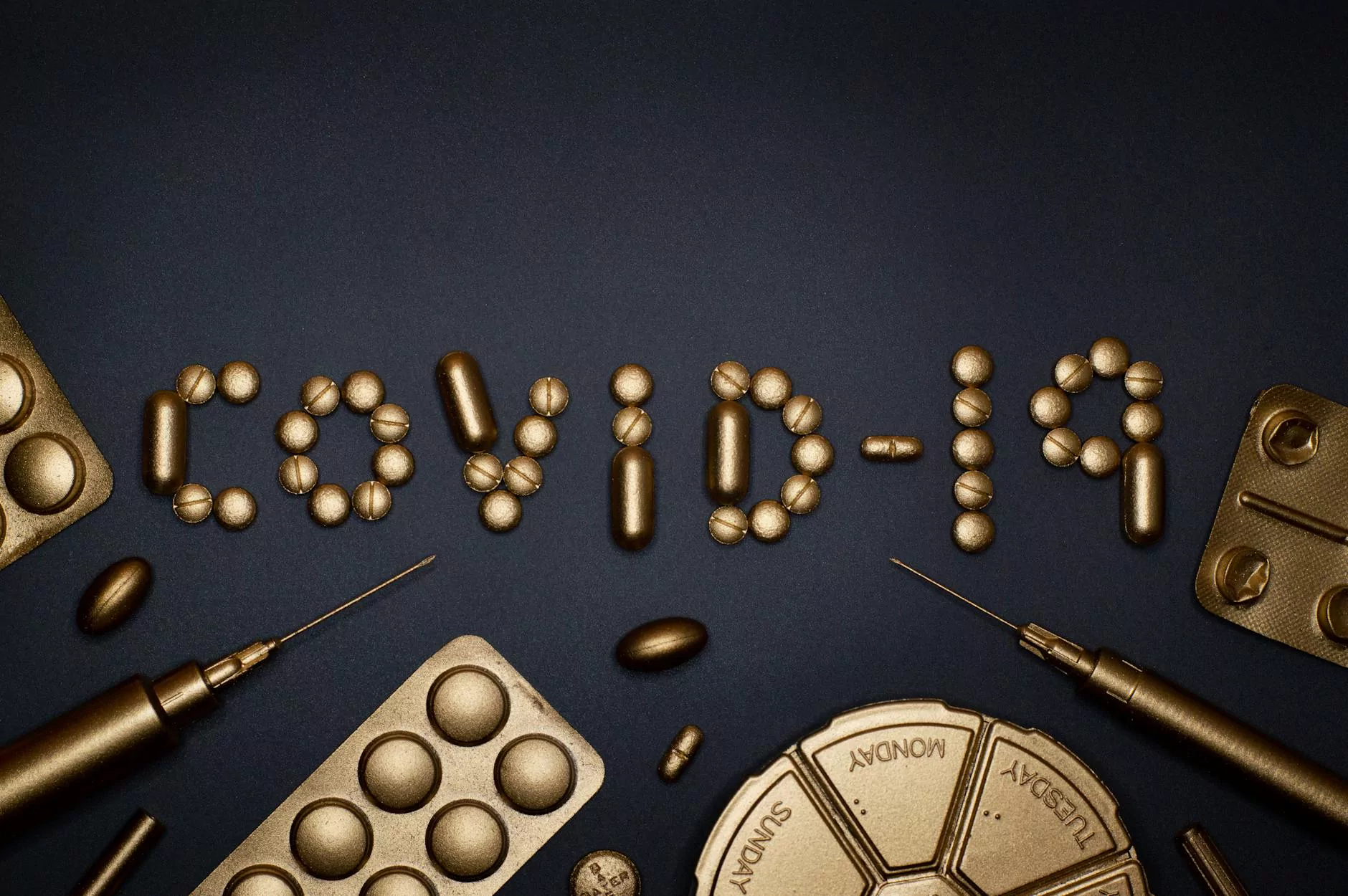Understanding Hysterectomy Health Risks

When it comes to women's health, hysterectomy is a significant surgical procedure that can have various implications. As women consider this option for a variety of medical reasons, understanding the potential health risks associated with hysterectomy is crucial. In this detailed guide, we will explore these risks comprehensively, providing essential information for anyone considering this procedure.
What is a Hysterectomy?
A hysterectomy is a surgical operation that involves the removal of the uterus. It may also include the removal of surrounding structures such as the cervix, ovaries, and fallopian tubes. There are several types of hysterectomies:
- Total Hysterectomy: Removal of the entire uterus along with the cervix.
- Partial or Subtotal Hysterectomy: Removal of the upper part of the uterus while leaving the cervix intact.
- Radical Hysterectomy: Removal of the uterus, cervix, upper vagina, and surrounding tissues; often performed in cases of cancer.
- Laparoscopic Hysterectomy: A minimally invasive procedure, where the uterus is removed through small incisions.
Common Reasons for Undergoing a Hysterectomy
Women may consider a hysterectomy to address several medical conditions, including:
- Uterine fibroids: Noncancerous growths that can cause pain and heavy bleeding.
- Endometriosis: A painful condition where tissue similar to the lining inside the uterus grows outside it.
- Uterine prolapse: A condition where the uterus descends into the vaginal canal.
- Chronic pelvic pain: Ongoing pain in the lower abdomen or pelvis, often without a clear cause.
- Gynecological cancers: Such as cervical, endometrial, or ovarian cancer.
Understanding the Health Risks of Hysterectomy
While a hysterectomy can bring relief from severe symptoms and conditions, it is not without its health risks. Here are some of the most significant risks to consider:
1. Surgical Risks
Like any major surgery, hysterectomy comes with potential surgical risks, including:
- Infection: Surgical site infections can occur post-operation and may require treatment.
- Bleeding: Excessive bleeding may necessitate a blood transfusion.
- Blood clots: Formation of clots in the legs can lead to serious complications if they travel to the lungs.
- Injury to surrounding organs: Nearby organs such as the bladder or intestines may be inadvertently damaged during surgery.
2. Anesthesia Risks
Given that hysterectomy often requires general anesthesia, there are inherent risks, such as allergic reactions or complications arising from anesthesia administration.
3. Hormonal Changes
If the ovaries are removed during the procedure (oophorectomy), women may experience abrupt hormonal changes leading to:
- Hot flashes: Sudden feelings of heat and sweating.
- Mood swings: Changes in emotional well-being.
- Increased risk of osteoporosis: Decreased estrogen levels can lead to a decline in bone density.
4. Sexual Function Changes
Many women report changes in sexual function following a hysterectomy. These changes can include:
- Decreased libido: Some may experience a reduced interest in sexual activity.
- Vaginal dryness: Can occur, especially if the ovaries are removed.
- Changes in orgasm: Some women report changes in how they experience orgasm.
5. Psychological Impact
The decision to undergo a hysterectomy can lead to emotional distress. Women may experience feelings of loss, sadness, or anxiety related to their reproductive health and changes in identity.
Long-Term Health Risks
Beyond immediate surgical risks, hysterectomy may contribute to long-term health complications, including:
- Cardiovascular disease: Some studies suggest that the early removal of ovaries may increase the risk of heart disease.
- Increased risk of cognitive decline: Hormonal changes may affect brain health, although research is ongoing in this area.
- Potential for weight gain: Hormonal disruption and decreased physical activity may result in weight changes post-surgery.
Preparing for a Hysterectomy
If you are considering a hysterectomy, proper preparation can help mitigate some of the associated risks. Here are a few steps to consider:
- Consultation: Discuss all concerns with your healthcare provider to make an informed decision.
- Understand the procedure: Familiarize yourself with the type of hysterectomy recommended and its implications.
- Plan for recovery: Ensure you have a support system in place for the recovery period.
- Preoperative tests: Follow your doctor’s advice regarding tests to assess your health before surgery.
Postoperative Care
After the surgery, postoperative care is essential to ensure a smooth recovery. Key aspects include:
- Monitoring: Watch for signs of infection or complications and report any concerns to your doctor.
- Pain management: Discuss pain relief options with your healthcare provider.
- Follow-up appointments: Attend all scheduled follow-ups to monitor your recovery process.
- Emotional support: Engage in conversations about emotional health with friends, family, or professionals.
Consulting with Experts
As you contemplate the decision to undergo a hysterectomy, consulting with specialists in the field is vital. Dr. Seckin, an expert in obstetrics and gynecology, provides invaluable insights and supports women through this significant health journey. Understanding the risks involved allows women to make informed decisions about their reproductive health.
Conclusion
In conclusion, while a hysterectomy can be a highly effective solution for various gynecological issues, understanding the associated health risks is paramount. Women should engage in thorough discussions with their healthcare providers, weigh their options carefully, and consider both the physical and emotional implications of this procedure. At Dr. Seckin's practice, we prioritize the health and well-being of our patients, guiding them through each step of their health journey.
For personalized care or to learn more about the hysterectomy process and its implications, contact Dr. Seckin today. Your health and comfort are our top priorities.
hysterectomy health risks








